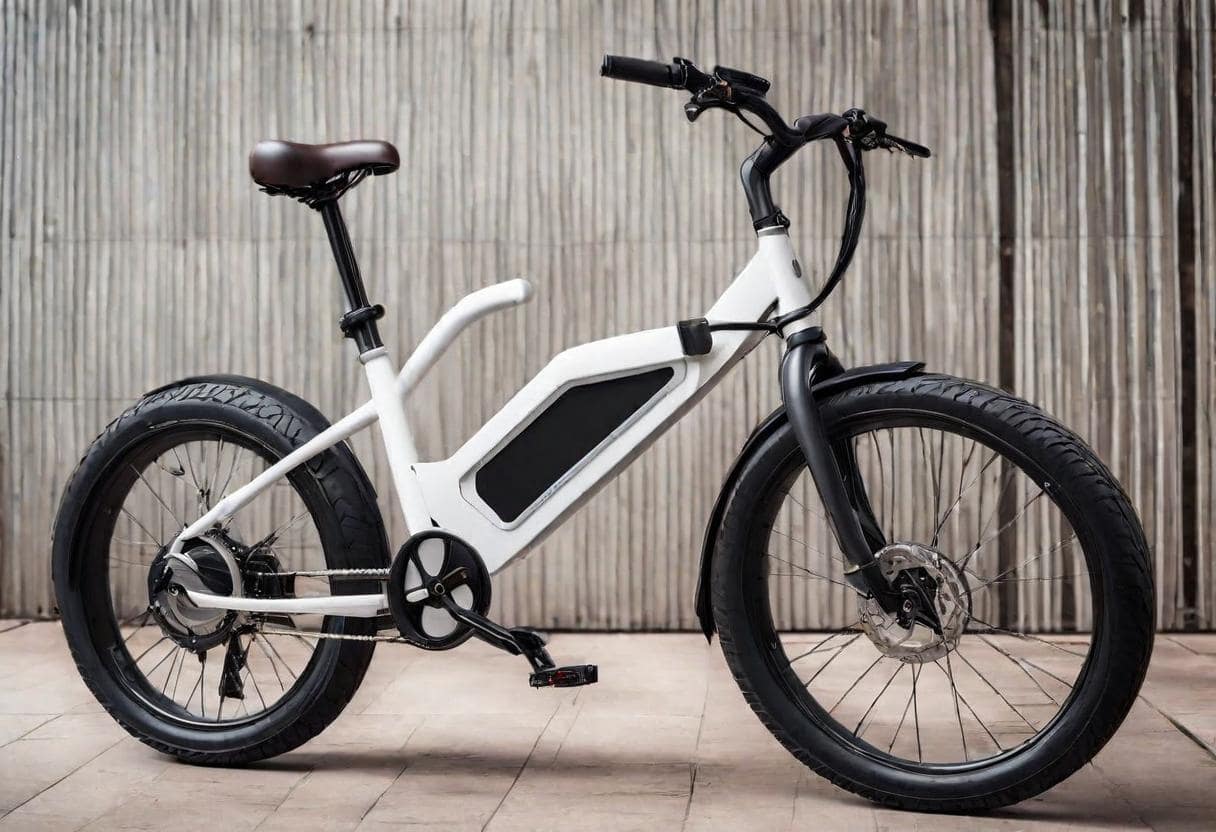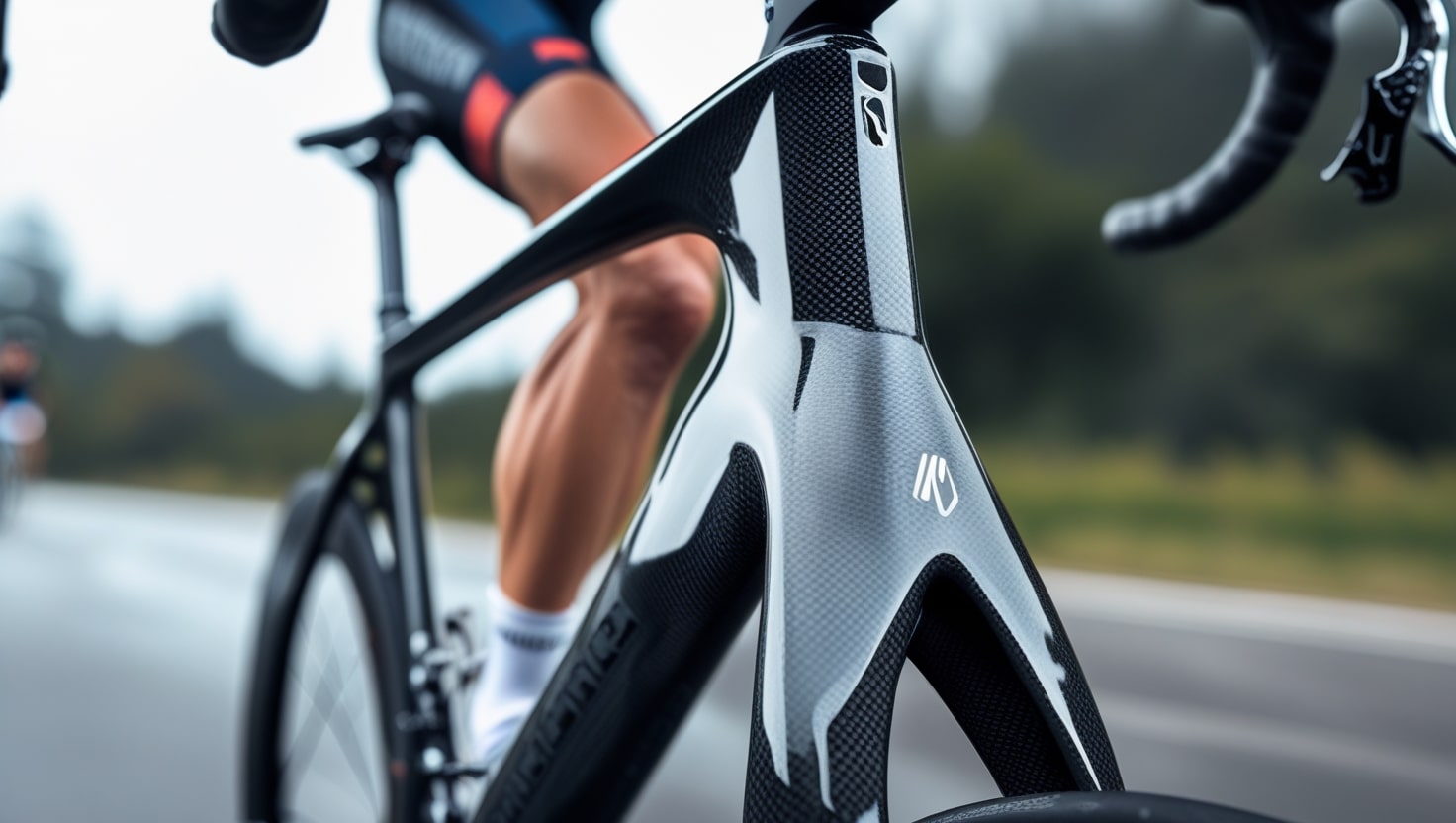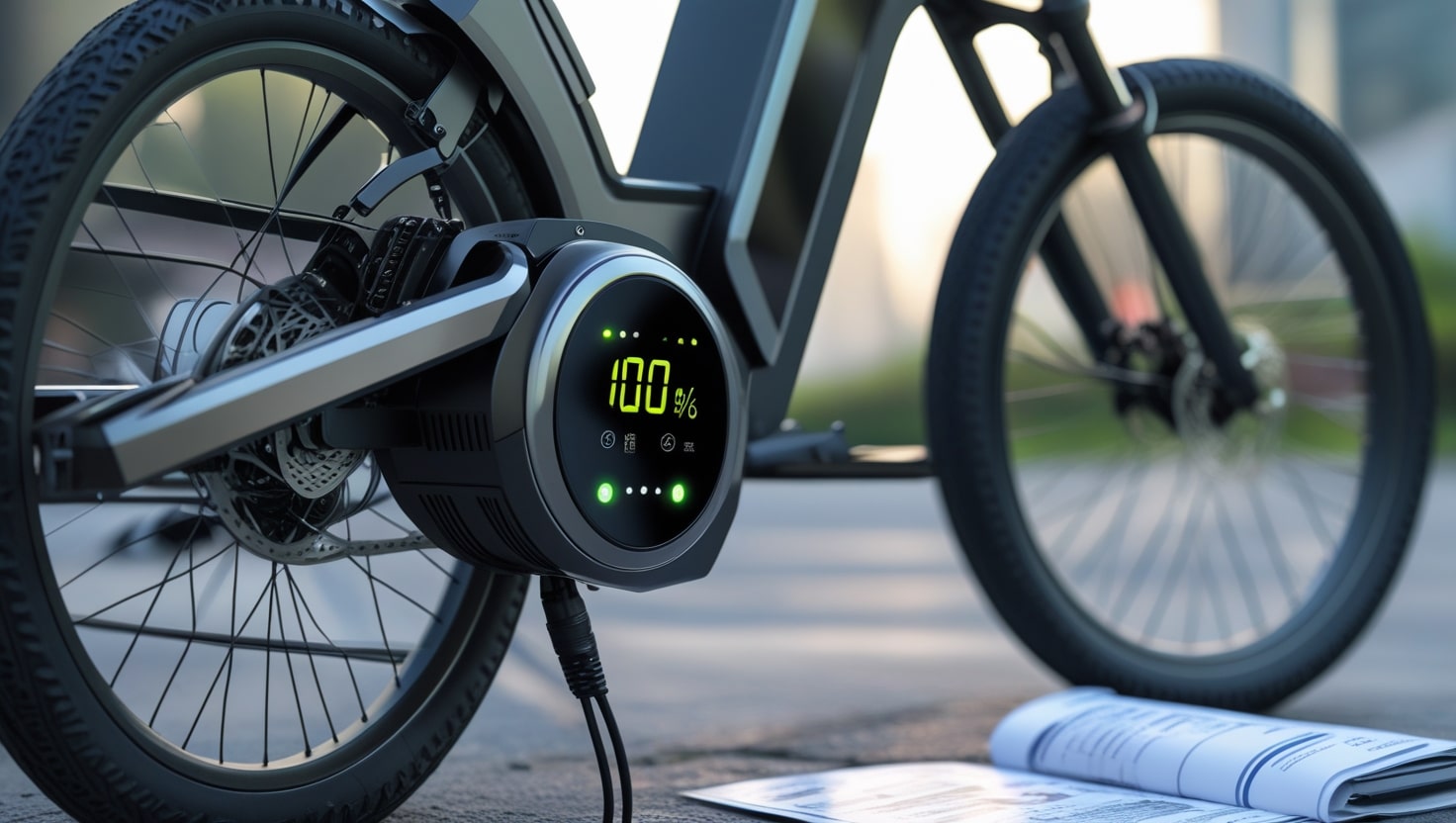When it comes to electric bikes, one of the first questions people often ask is, “How much do electric bikes weigh?” Typically, an electric bicycle weighs between 20-25 kilograms (44-55 pounds). This is generally more than a traditional bike due to the frame needing to accommodate a motor and battery—components that aren’t part of a normal bike.
Several factors impact the overall weight of an e-bike. For instance, the size of the motor, the type of bike, and the material of the frame all play crucial roles. A slim road bike with a carbon fiber frame will definitely weigh less compared to an electric mountain bike (eMTB), which often has a steel frame and a full suspension system. Similarly, a heavy-duty cargo bike designed for hauling will tip the scales even further.
Understanding the weight of your e-bike is important not just for the riding experience but also for practical reasons. A heavier bike can be harder to handle and maneuver, especially when making sharp turns or scaling steep inclines. If you live in a house or apartment where you need to carry your e-bike up stairs or bring it inside, knowing its weight can help you prep for the extra effort—maybe even with a few bicep curls at the gym.
Related: Can You Pedal an Electric Bike?
What components weigh the most on an e-bike?
On average, a regular bike weighs about 10 kg (22 lb). In comparison, e-bikes typically weigh about twice as much, coming in at 20-25 kg (44-55 lb). This extra weight is due to the extra components that e-bikes have compared to traditional bikes.
E-bike motors
When thinking about how much electric bikes weigh, one key factor is the motor. A typical e-bike motor can weigh between 2 and 5 kg (4.4 and 11 lbs). This weight comes from the various components inside the motor, such as wiring, magnets, the stator (which stays still), and the rotor (which moves). These parts work together when the battery sends an alternating current to the motor, creating a rotating magnetic field that drives the bike.
The type of motor also plays a role in how the weight is distributed on the e-bike. For example, a mid-drive motor is located in the center of the bike, which helps in keeping the bike stable and easier to handle. The shaft of the mid-drive motor spins to create torque, helping to move the pedals and propel the bike forward.
On the other hand, a hub motor is located in the front or rear wheel and is encased within the wheel hub. The spinning shaft in a hub motor directly generates torque to move the wheel and propel the bike forward.
The placement of the motor can make a big difference in your riding experience. Mid-drive e-bikes tend to have a lower center of gravity because of the central placement of their motors, which provides better stability and makes them easier to handle. This is why many people prefer mid-drive bikes for a more balanced and controlled ride.
Related: Are Pedego Bikes Worth the Money?
E-bike batteries
hen considering how much electric bikes weigh, it’s essential to think about the e-bike battery. The battery is a crucial component that powers the motor and adds weight to the bike.
On average, an e-bike battery weighs between 5 to 9 kg (10 to 20 lbs), but this weight can vary significantly based on the size of the battery. A larger battery offers more capacity to power the entire bike, making it heavier and bulky, while smaller batteries are lighter and more manageable but have less capacity to hold a charge.
The battery’s capacity directly impacts the bike’s range, which refers to how far you can ride on a single charge. A heavier battery can make the bike more unwieldy during riding, but it also allows you to cycle longer.
On the other hand, a smaller battery with a shorter range results in a lighter bike that’s easier to maneuver. When choosing an electric bike, it’s important to consider whether you prefer the ability to ride farther with a heavier battery or if you value the ease of handling with a lighter bike.
Related: What Does the Exercise Bike Workout?
E-bike frames
When thinking about how much electric bikes weigh, one of the most significant factors to consider is the frame. Unlike a regular bike frame, an electric bicycle frame must accommodate the added weight of the motor, battery, and other connecting components. This means that an e-bike frame needs to be more robust, which often results in a heavier design.
The weight of an e-bike frame can vary widely depending on the types of e-bikes available. For instance, Velotric offers different models, each with unique features. The Discover 1 is an urban commuter bike with two frame types: a high-step frame weighing 65 lbs and a step-thru frame weighing 63.5 lbs.
On the other hand, the Nomad 1 is designed for more rugged terrain and features a high-step frame that weighs 73 lbs and a step-through frame that weighs 72 lbs. The difference in weight—about 10 lbs more—is due to the fat tire and larger frame that is built for off-road adventures.
The material of the bike frame also plays a crucial role in its overall weight. Carbon and titanium frames are among the lightest options but tend to be more expensive. In contrast, steel and aluminum frames are heavier but come at a lower price.

Is a lighter e-bike really always better?
When deciding between e-bikes, you might wonder if a lighter e-bike is always the right choice. It’s natural to have the instinct to go for a lightweight model. After all, a lighter bike can improve maneuverability during cycling and is easier to carry when needed. It seems like an obvious choice, right?
However, choosing a lighter bike often means compromising on power. A lighter e-bike typically comes with a less powerful motor and a smaller battery, leading to diminished capacity and less range. This means you may not be able to ride as far before needing to stop to charge. If your rides are usually short, a lightweight e-bike could be a great option.
But if you plan to ride long distances, it might be wise to consider a heavier option that offers more power and holds more charge. While it might be a bit bulkier, the trade-off could be worth it for the extended range and reliability on longer rides.
Related: What is a Clincher Bike Tire?
The best e-bike weight depends on how you plan to ride
When deciding on the right e-bike weight, it’s important to consider how you plan to use it. If you’re primarily biking to work daily and your commute doesn’t involve long distances, a lightweight bike makes more sense. You won’t need a huge battery capacity, and you’ll enjoy easier handling as you zip through city streets.
On the other hand, if you want to explore the outdoors on longer bike rides, you might prefer an e-bike with a more powerful motor and better battery capacity, even if it’s heavier. The extra weight will be worth it for the added range and performance.
Ebike’s Weight Based on Types
The type of electric bike you choose greatly influences how much your ebike weighs. If you want to cycle fast, a lighter bike like a road bike is ideal. However, if you need to handle tougher courses or enjoy hunting on rugged trails, mountain bikes with mid drive systems are better, though they tend to be heavier due to their wider wheels.
Related: What Goes On at Sturgis Bike Rally
Folding
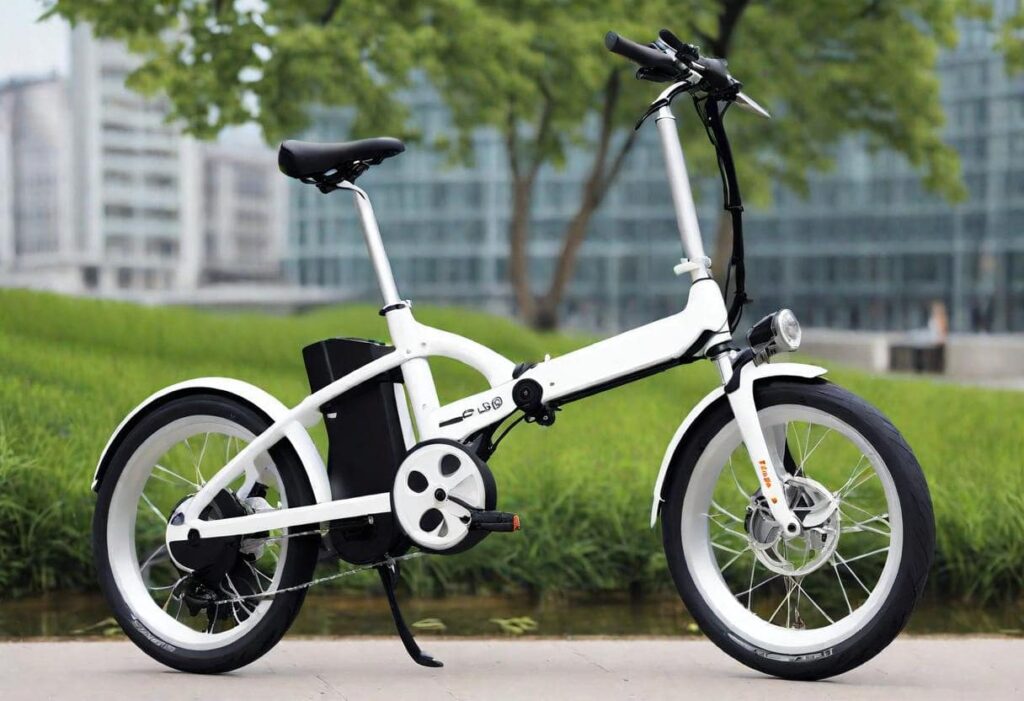
Folding e-bikes are designed for easy storage and portability, making them a great choice for trips and commutes. These e-bikes come in different variations with respective weights. For example,
mini folding e-bikes weigh between 30-40 pounds, while folding electric mountain bikes range from 40-70 pounds. If you prefer a balance between power and convenience, folding fat tire e-bikes typically weigh around 50 pounds.
Commuting
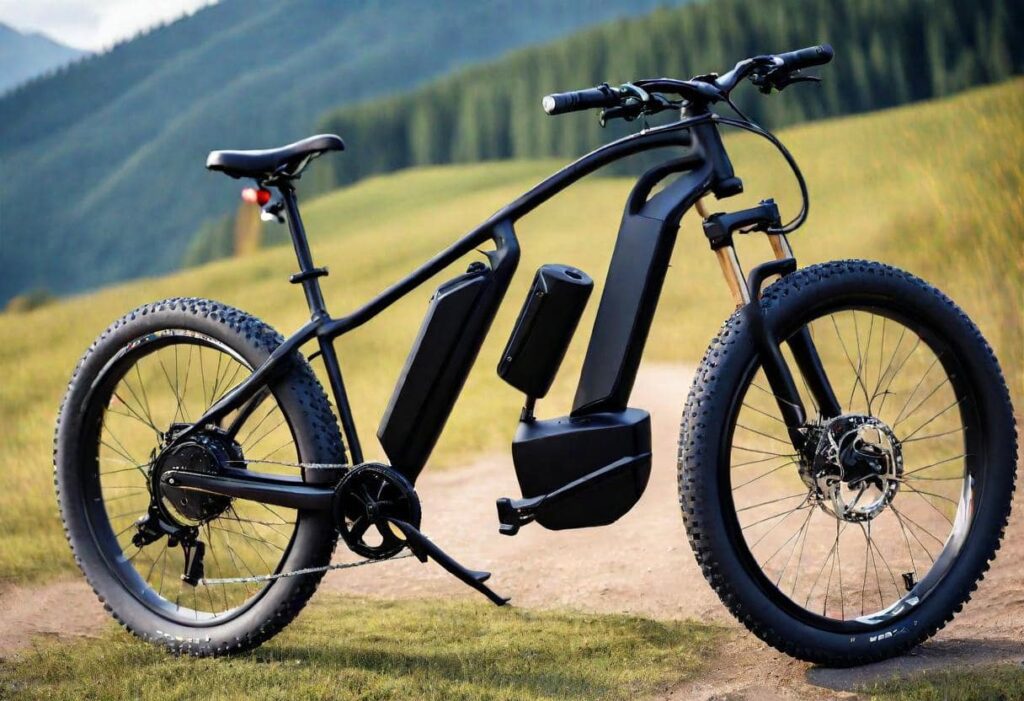
For commuting, bikes are designed to offer a comfortable ride and are often referred to as hybrid e-bikes. These bikes combine handlebars similar to a mountain bike with wheels like those of a road bike. When traveling distances, commuting e-bikes typically come with larger batteries, making them heavier at around 50-70 pounds in weight. Despite the extra weight, the benefits of riding these commuting bikes are well worth it for those who need a reliable and smooth ride.
Racing
When it comes to racing e-bikes, these are often the most expensive and lighter types available, typically weighing around 40 pounds. Racing e-bikes feature slim wheels and frames, with forward-curved handlebars specially designed to increase your speed while cycling. This streamlined design makes them ideal for those who prioritize speed and performance.
Mountain
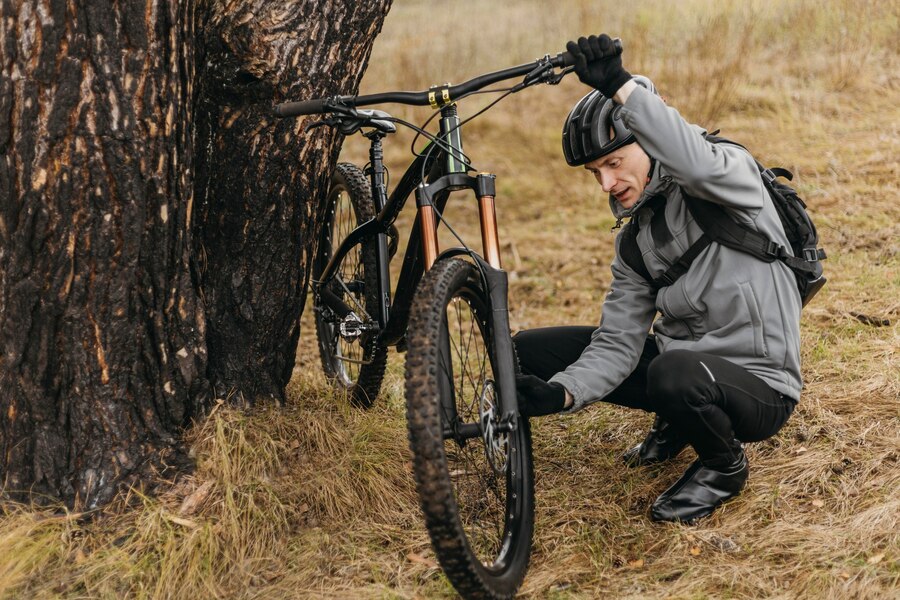
When looking at mountain e-bikes, you’ll find that they are generally heavier, often weighing between 40-70 pounds, with 70 pounds being the most common. For example, models like the BAKCOU Mule Elite Electric Hunting Bike are specifically designed for both off-road and on-road use. These bikes feature strong suspension systems that are effective in reducing bumps and impact, while producing a powerful 750W power output to handle rough terrains.
Cruiser
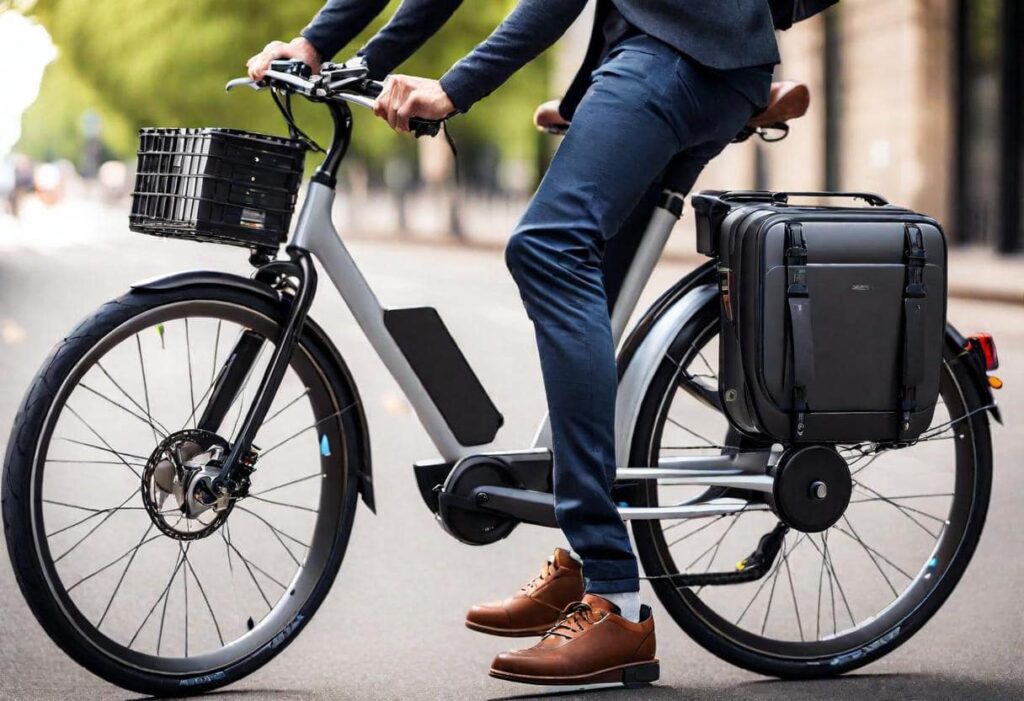
Cruiser e-bikes are perfect for those who prioritize leisure and comfort. Typically weighing around 70 pounds, these bikes are designed with big, soft seats and wide handlebars to ensure a relaxed and comfortable ride. Whether you’re riding along the beach or through the park, a cruiser e-bike allows you to enjoy your journey in a laid-back manner.
Fat Tire
Fat tire e-bikes are similar to mountain e-bikes but are specifically designed for even more tough off-road conditions. Whether you’re riding on sand or snow, these bikes handle it all thanks to their wider tires. Fat tire bikes are generally heavy, usually weighing between 60-80 pounds, which helps them stay stable on challenging terrain.
Comfort
Comfort e-bikes are similar to cruiser e-bikes, designed for leisure and ease of use. These bikes often have handlebars that extend backward rather than to the side, allowing for a more relaxed riding position. With a step-through frame, they typically weigh between 50-70 pounds, making them a solid choice for those who prioritize comfort during their rides.
Is Extra Weight an Important Concern?
When you intend on buying an e-bike, the extra weight might make you think twice. It’s important to be clear on why you are considering buying an e-bike in the first place. If your goal is to commute long distances in the quickest way possible, then the advantages of having an electric motor on your ebike often exceed the extra weight. The motor makes it easier to pedal, even when the bike is heavier. However, the weight might become a matter of concern if you need to carry the bike frequently.
Knowing how much ebikes weigh is also important because it gives you an idea of how to manage your ebike. You might want to choose the lightest ebike available, but keep in mind that the lightest options may not cover a longer range. You could bring an extra battery to extend the range, but that’s also extra weight to consider.
A single charge on an ebike can typically last between 20-50 miles, and some light ebikes can even go over 50 miles. The range usually depends on the battery and electric motor sizes, as well as the terrain where you ride your bike, such as off-road paths.
To maintain the efficiency of your ebike, make it a habit to clean it regularly. Accumulated mud can add weight over time. You might also consider switching to thinner tires for easier cycling, but this could compromise the grip. Additionally, remove any additional items you’ve attached to your ebike, like bags, to reduce weight.

